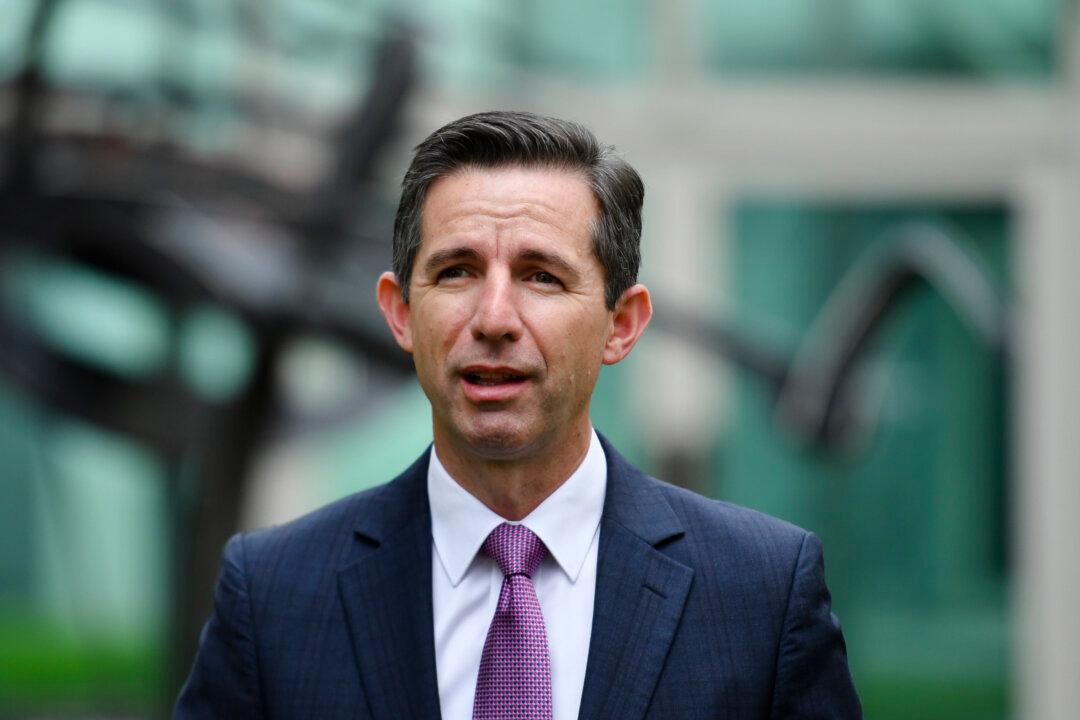The Albanese Labor government has some explaining to do, according to Shadow Foreign Affairs Spokesperson Simon Birmingham.
His comments come after revelations the federal government removed Australia’s top spy chiefs from the National Security Committee (NSC), the peak decision-making body for security and threats to the country.





